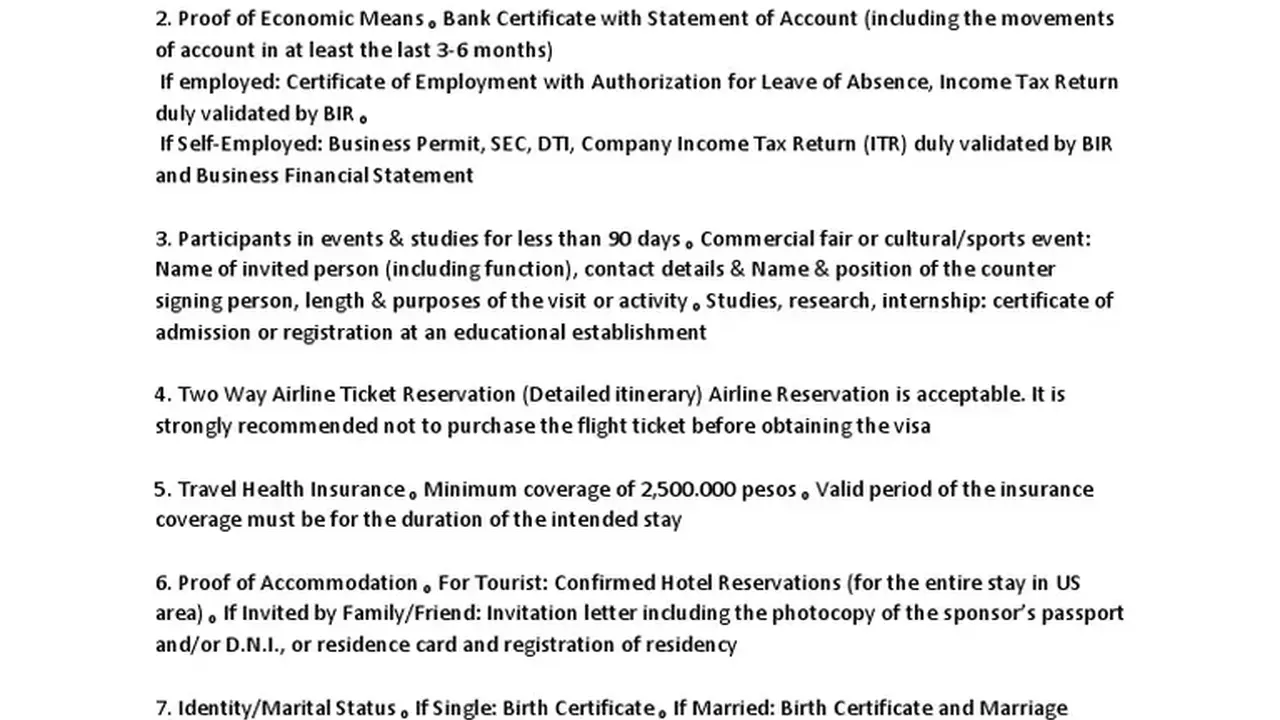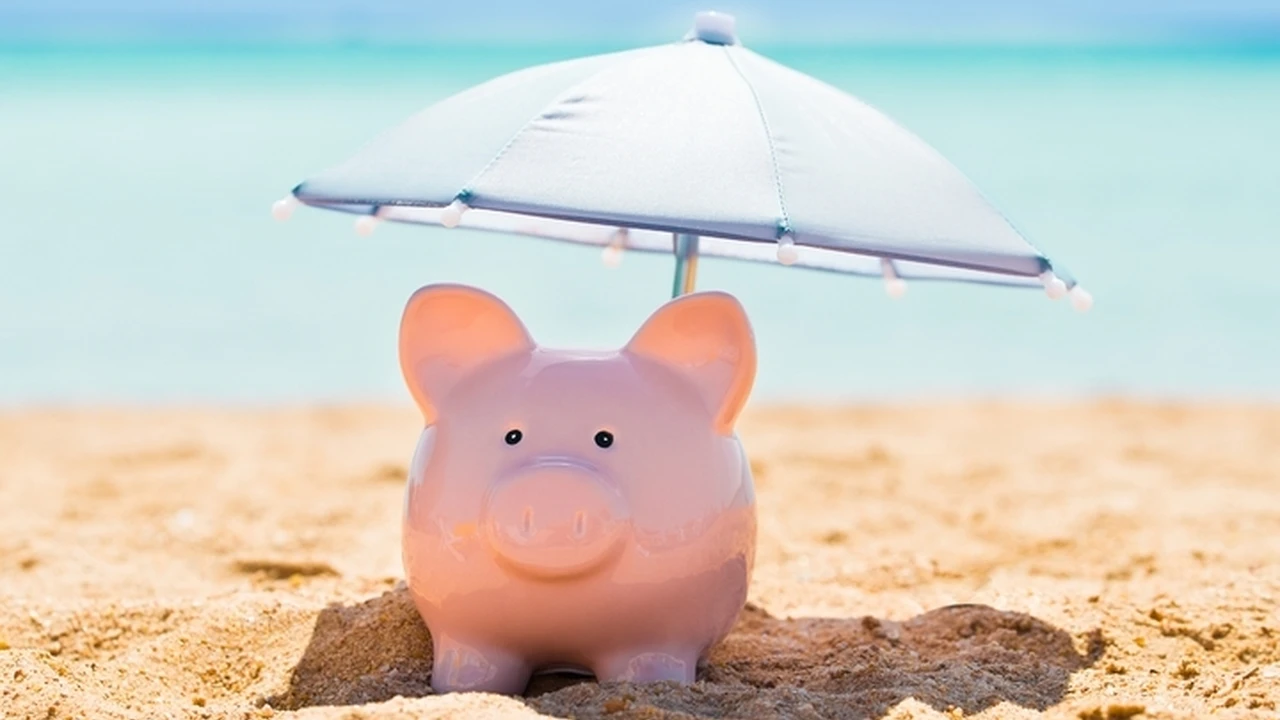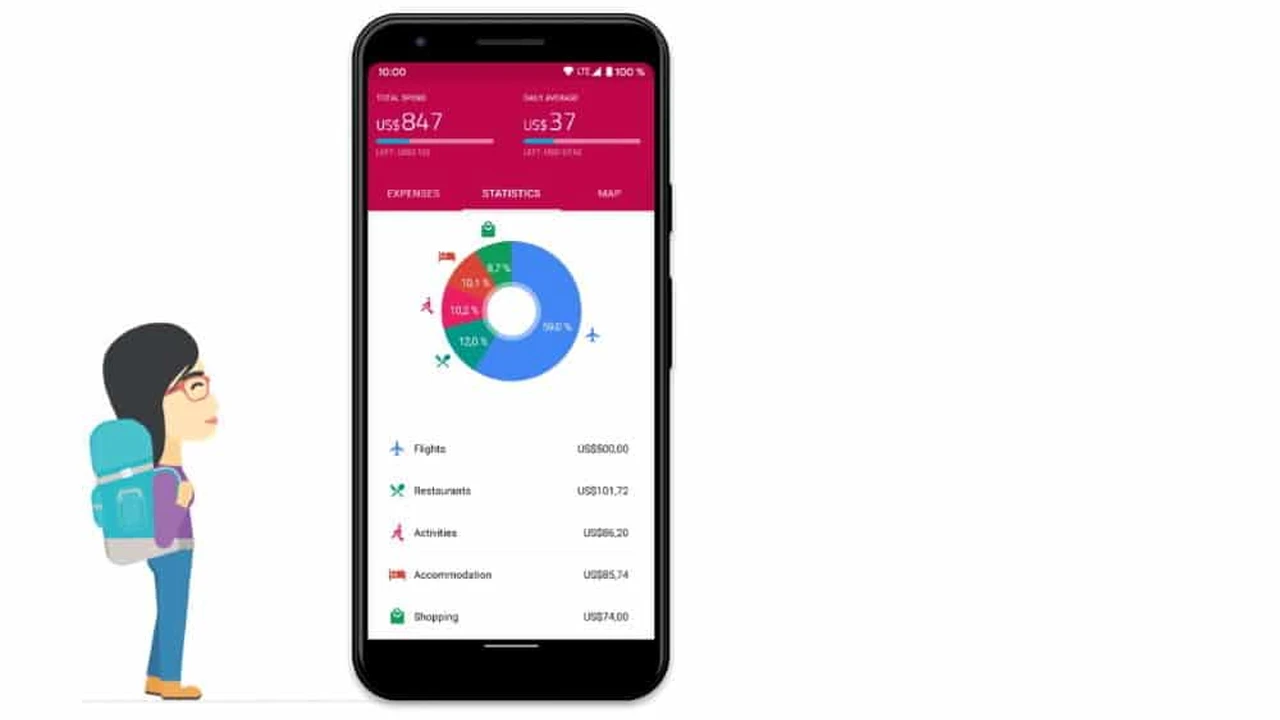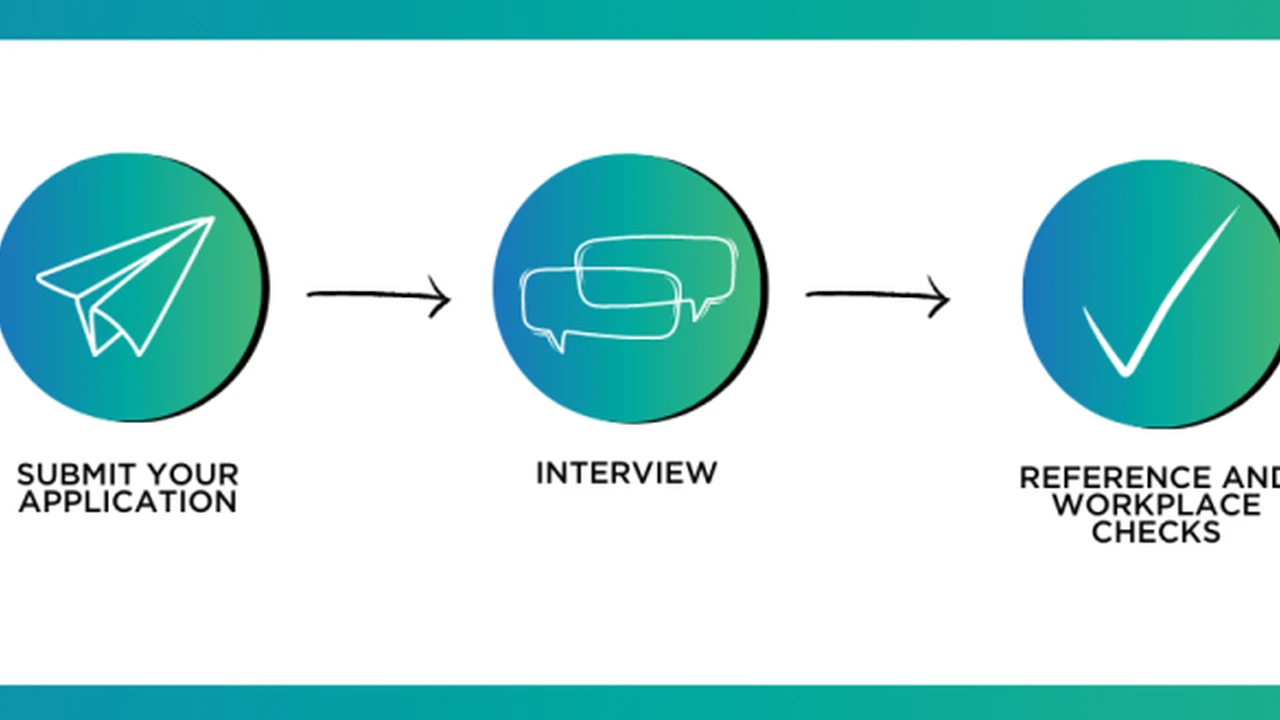Visa Requirements for Gap Year Trips
Plan your gap year effectively with our detailed timeline. Learn when to start planning, applying for visas, and booking flights. Ensure a stress-free and organized gap year experience.
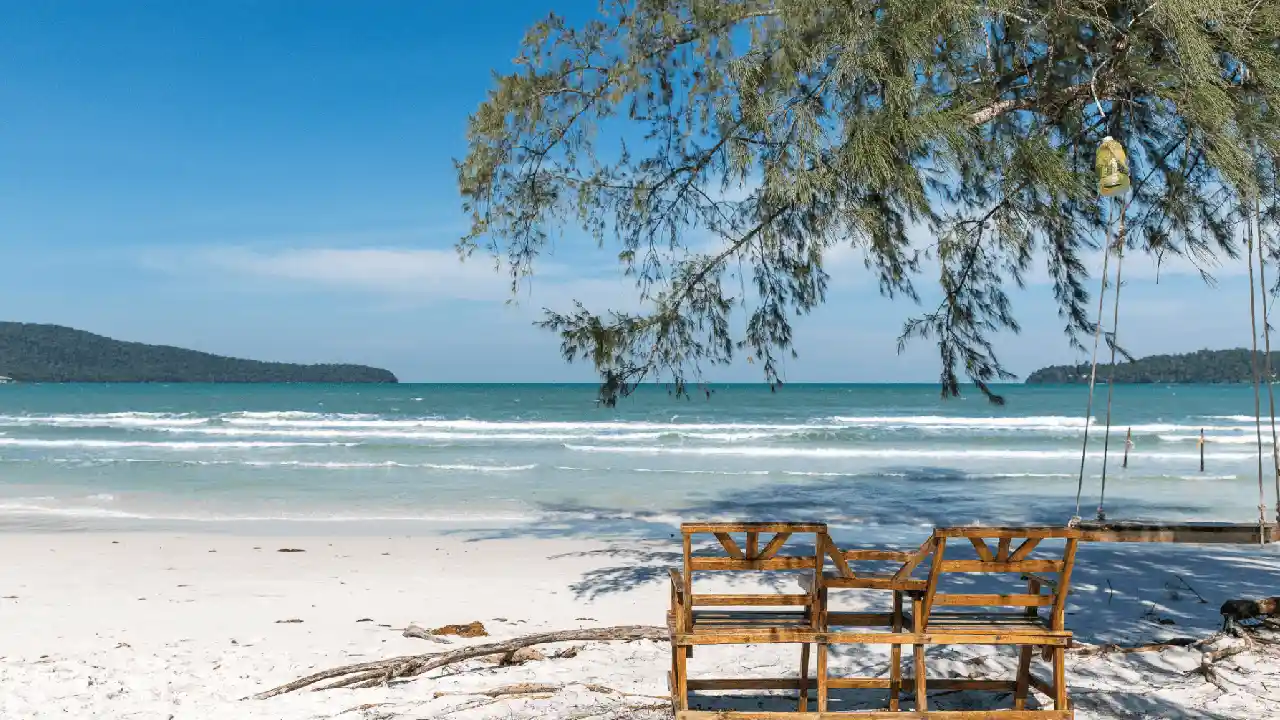
Understanding Visa Basics Gap Year Planning
So, you're dreaming of that epic gap year adventure? Awesome! But before you start picturing yourself lounging on a Thai beach or hiking through the Andes, let's talk about something a little less glamorous but super important: visas. Think of them as your official permission slips to explore the world. Different countries have different rules, and messing up your visa application can throw a serious wrench in your travel plans. We'll break down the basics to get you started.
First off, what exactly is a visa? It's basically an endorsement on your passport that allows you to enter, stay, and sometimes even work in a foreign country for a specific period. Some countries don't require visas for short stays (think tourist trips), while others need you to jump through hoops weeks or even months in advance. Knowing the visa requirements for each country on your itinerary is absolutely crucial. Don't just assume you can waltz in!
Where do you even begin? Start with the official government websites of the countries you plan to visit. These sites are usually the most up-to-date and accurate source of information. The US State Department (for US citizens) and the equivalent in your home country are also good resources. Be aware that visa policies can change, so double-check everything close to your departure date.
Visa Types for Gap Year Students and Travelers
Not all visas are created equal. There are different types for different purposes, and you need to make sure you're applying for the right one. For a gap year, the most common types you'll encounter are:
- Tourist Visas: These are for short-term visits for leisure, sightseeing, and general tourism. They usually have a limited duration (e.g., 30, 60, or 90 days) and don't allow you to work.
- Student Visas: If you're planning to take a language course or enroll in a program longer than a tourist visa allows, you'll likely need a student visa. These often require proof of enrollment and acceptance from the educational institution.
- Working Holiday Visas: Some countries (like Australia, New Zealand, and Canada) offer working holiday visas to young people, allowing them to work and travel for a year or two. These are great if you want to earn some money while exploring.
- Volunteer Visas: If you're volunteering with an organization, you might need a specific volunteer visa. Check with the organization you're volunteering with, as they often have specific requirements and can provide guidance.
Choosing the correct visa type is essential. Applying for a tourist visa when you intend to work or study could lead to serious consequences, including deportation and being banned from the country.
Navigating Visa Application Processes Gap Year Adventures
Okay, so you know what visa you need. Now comes the fun part... the application process! This can vary widely depending on the country, but here are some general tips:
- Start Early: Visa processing can take weeks or even months, so don't wait until the last minute. Apply well in advance of your planned departure date.
- Gather Your Documents: You'll typically need your passport, application form, passport photos, proof of travel arrangements (like flight tickets and hotel reservations), proof of financial stability (bank statements), and a letter of invitation (if applicable). Check the specific requirements for each country.
- Fill Out the Application Form Carefully: Accuracy is key. Double-check everything before submitting your application. Mistakes can cause delays or even rejection.
- Pay the Fees: Visa fees can vary significantly, so factor them into your budget.
- Attend an Interview (If Required): Some countries require an interview as part of the visa application process. Be prepared to answer questions about your travel plans, financial situation, and intentions.
- Keep Copies of Everything: Make copies of all your documents, including your visa, passport, and application form. Store them separately from the originals in case of loss or theft.
Specific Visa Requirements for US Citizens Southeast Asia Gap Year
Let's zoom in on some specific visa requirements for popular gap year destinations in Southeast Asia, keeping in mind that this information is subject to change. Always double-check with the embassy or consulate of the country you're visiting for the most up-to-date information.
- Thailand: US citizens can usually enter Thailand for tourism purposes for up to 30 days without a visa. However, if you plan to stay longer, you'll need to apply for a tourist visa in advance.
- Vietnam: For Vietnam, you'll likely need a visa. You can apply for an e-visa online or obtain a visa on arrival (VOA) at certain airports, but it's best to apply in advance to avoid potential issues.
- Indonesia: US citizens can enter Indonesia visa-free for tourism purposes for up to 30 days. However, this visa-free entry is only valid at certain airports and seaports. If you plan to stay longer or enter through a different port, you'll need a visa.
- Malaysia: US citizens can enter Malaysia visa-free for tourism purposes for up to 90 days.
- Singapore: US citizens can enter Singapore visa-free for tourism purposes for up to 90 days.
Products to Help with Your Visa Applications Gap Year Preparation
Okay, let's talk about some resources and products that can make the visa process a little less painful:
- Visa Application Services: Companies like CIBTvisas and VisaHQ can handle the entire visa application process for you, from gathering documents to submitting the application. They're a good option if you're short on time or feeling overwhelmed. (Price varies depending on the service and destination).
- Travel Visa Apps: Apps like iVisa provide information on visa requirements for different countries and can even help you apply for e-visas. (Some services are free; others require a fee).
- Passport Holders and Organizers: Keep your passport and other important documents safe and organized with a dedicated passport holder or travel organizer. The Zero Grid Passport Wallet with RFID Blocking is a popular choice. (Around $20-$30 on Amazon).
- Digital Document Scanners: A portable document scanner can be handy for creating digital copies of your important documents. The Doxie Go SE is a small and easy-to-use option. (Around $200-$250 on Amazon). A cheaper alternative is using a scanning app on your smartphone, such as Adobe Scan (free).
Comparing Visa Services Gap Year Planning
Choosing the right visa service depends on your budget, how much time you have, and how comfortable you are handling the application process yourself. Here's a quick comparison:
- DIY (Do It Yourself): Cheapest option (just visa fees), but requires the most time and effort. Best for experienced travelers who are comfortable navigating government websites and application forms.
- Travel Visa Apps (e.g., iVisa): More convenient than DIY, but may have limited functionality or higher fees than applying directly. Good for obtaining e-visas for certain countries.
- Full-Service Visa Agencies (e.g., CIBTvisas, VisaHQ): Most expensive option, but provides the most comprehensive service. Best for busy travelers or those who need assistance with complex visa requirements.
Troubleshooting Common Visa Problems Gap Year Travel
Even with careful planning, things can sometimes go wrong. Here are some common visa problems and how to deal with them:
- Visa Denial: If your visa is denied, find out the reason why and see if you can appeal the decision or reapply. Sometimes, a simple mistake on the application form can be corrected.
- Visa Delays: If your visa is delayed, contact the embassy or consulate to inquire about the status of your application. Be polite and persistent.
- Lost or Stolen Visa: If your visa is lost or stolen, report it to the local police and contact the embassy or consulate of the country that issued the visa. They can usually issue a replacement visa.
- Incorrect Visa Information: If you notice an error on your visa (e.g., incorrect name or passport number), contact the issuing authority immediately to get it corrected.
Staying Updated on Visa Policies Gap Year Adventures
Visa policies can change frequently, so it's essential to stay updated on the latest requirements. Here are some tips:
- Check Official Government Websites Regularly: The embassy or consulate websites of the countries you're visiting are the most reliable source of information.
- Subscribe to Travel Alerts: Sign up for travel alerts from your government's travel advisory service.
- Follow Travel Blogs and Forums: Travel blogs and forums can provide up-to-date information and insights from other travelers.
Navigating visa requirements might seem daunting, but with careful planning and research, you can ensure a smooth and stress-free gap year adventure. So, do your homework, gather your documents, and get ready to explore the world!
:max_bytes(150000):strip_icc()/277019-baked-pork-chops-with-cream-of-mushroom-soup-DDMFS-beauty-4x3-BG-7505-5762b731cf30447d9cbbbbbf387beafa.jpg)



